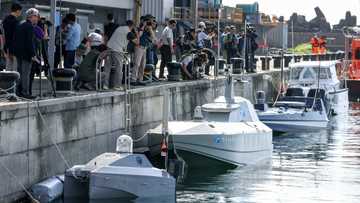UK startup looks to cut shipping's carbon emissions
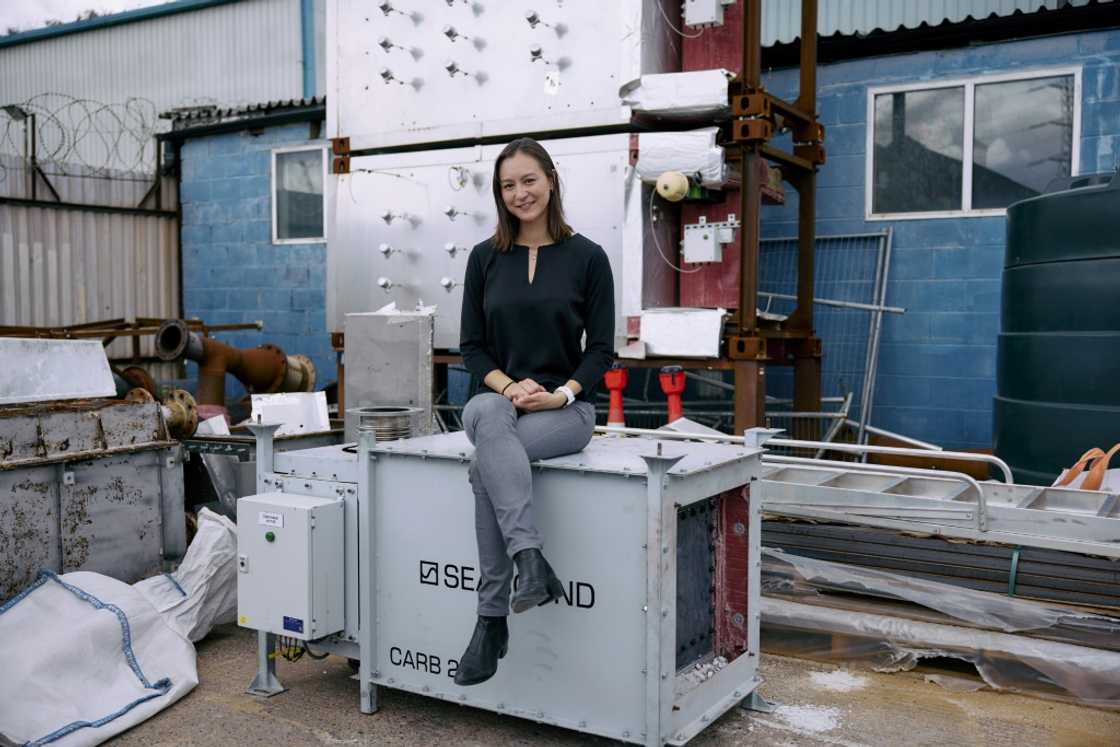
Source: AFP
In a small London workshop, a prototype mimics the process of capturing carbon emissions from a cargo ship's engine.
For two celebrated young designers, it is the beginning of a journey aimed at helping the maritime sector decarbonise.
"We're simulating what happens on a ship," Alisha Fredriksson told AFP of the technology she developed alongside her friend Roujia Wen.
The women, both aged in their early thirties, met at university and have since founded the company Seabound.
Its work on "ocean-ready carbon capture" has seen the friends shortlisted for this year's Young Inventor Prize, which rewards technology contributing to sustainable development goals put forward by the United Nations.
Winning the award on Wednesday "would be an extra boost to the team... a validation that the world cares about the shipping industry and its decarbonisation journey", said Fredriksson.
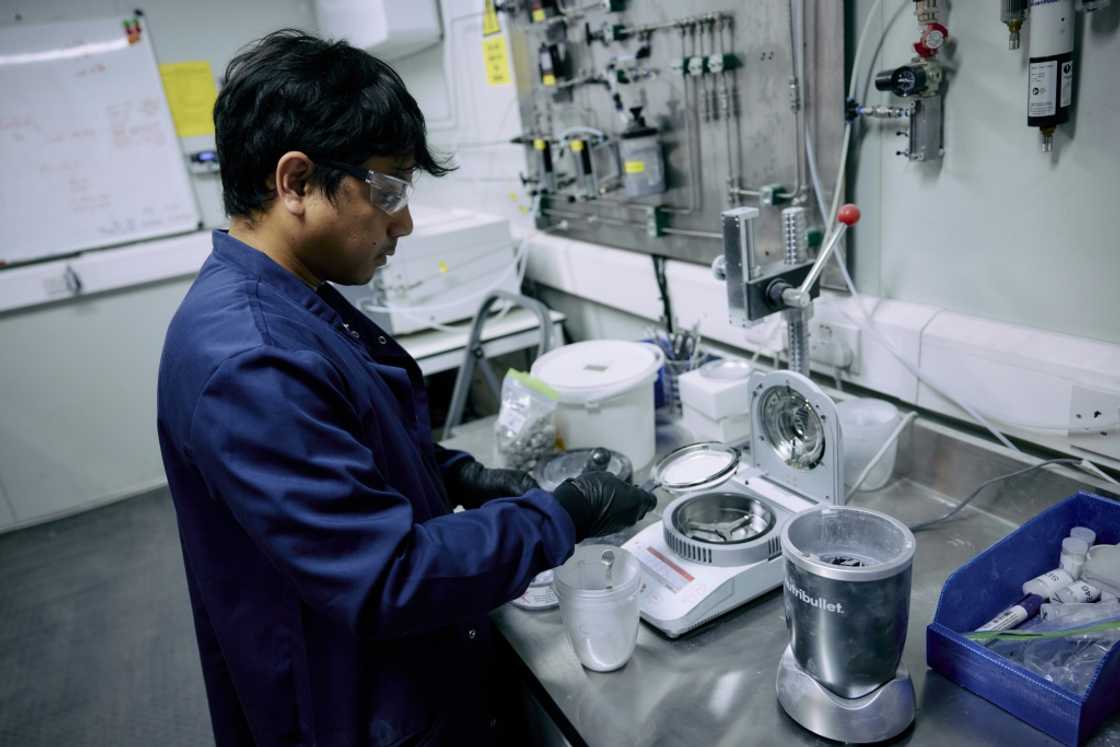
Source: AFP
Shipping accounts for three percent of global emissions, while the International Maritime Organization (IMO) recently voted in favour of a pricing system to help tackle excess carbon.
At Seabound's miniature courtyard factory, Fredriksson showed off the prototype, which is fitted with a generator.
"We're burning fuel, and that creates CO2," she explained, as exhaust gas was routed through a complex system of pipes into various containers.
The carbon pollution was captured by lime pebbles, while the other elements were released into the atmosphere.
The white-coloured lime acts "like a sponge", said chemical engineer Glexer Corrales, wearing a navy laboratory coat as he tested the quality of the granular-like substance that "is readily available" and "cheap".
Once absorbed, the carbon was transformed into limestone through a chemical process.
Seabound claims that minimal customisation is necessary for its system to work across many types of vessel.
Shipping transformation
Technology for carbon capture, utilisation and storage (CCUS) has so far been used primarily on land by heavy industry, for example in the production of cement, glass and steel.
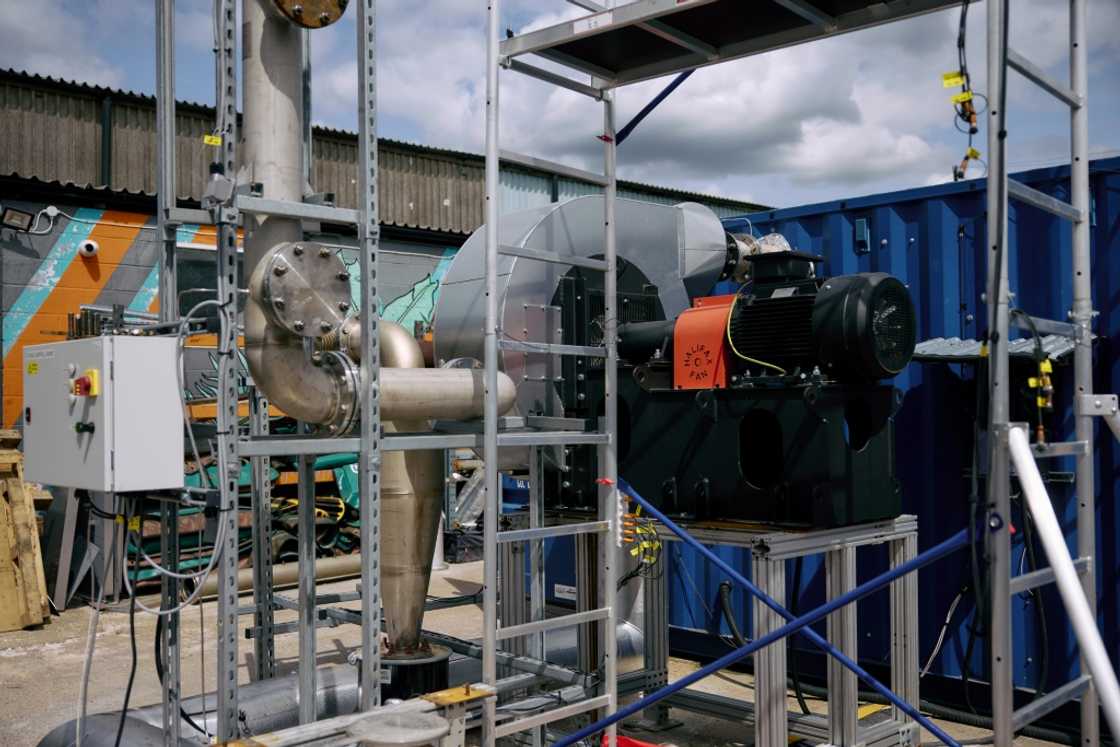
Source: AFP
Potential safety risks of using CCUS at sea have yet to be set out by the IMO.
And for the process to be truly beneficial, the amount of carbon captured "must be greater than the carbon produced" through the energy use incurred in installing the system, including on land, IMO official Camille Bourgeon told AFP.
This objective was largely achieved during an initial test in 2023, when Seabound's system captured 78 percent of CO2 emitted aboard a ship run by Lomar Labs.
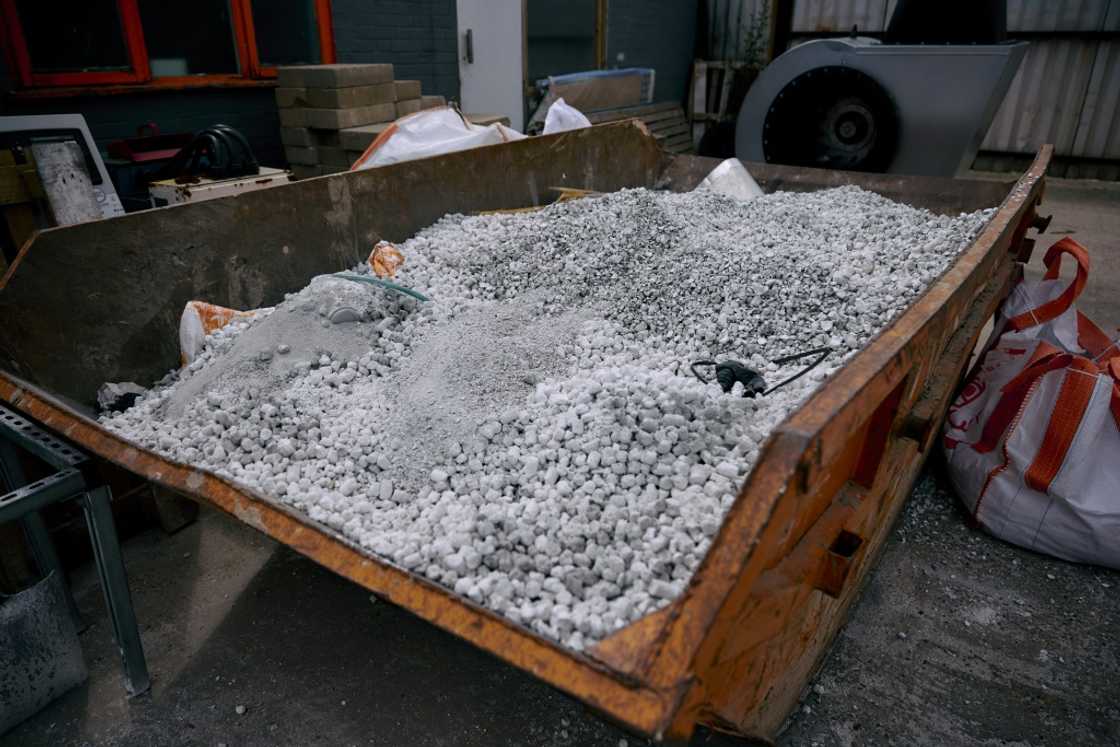
Source: AFP
From 2028, all ships will be required to use a less carbon-intensive fuel, the IMO recently ruled, while a penalty of $380 will be imposed for each tonne of CO2 emitted beyond allowances permitted by the UN shipping body.
The IMO move has created "a big tailwind for our system", said Fredriksson, whose company aims to charge $150 for each tonne of captured CO2, before selling it on to companies requiring it for the production of certain types of fuel.
Seabound plans also to recycle the limestone.
Source: AFP

